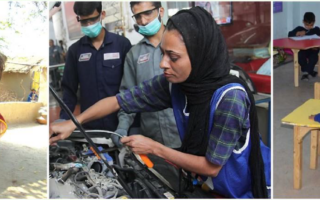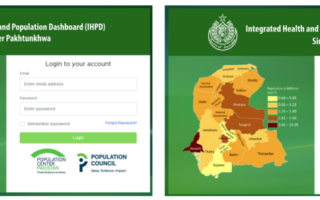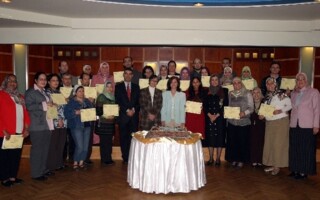
The Council is leading multiple institutions in the RASTA initiative, which uses a collaborative research platform to track India's progress toward achieving the Sustainable Development Goals (SDGs) and to enhance in-country capacity for producing high-quality, timely, and disaggregated data.
Why it Matters: In order to respond to program and policy questions with high-quality evidence, there is a need to strengthen India's in-country capacity for data analysis and program-oriented research. Greater efforts are needed to thoroughly monitor India's SDG progress.
The Approach: This six-year project began in 2017 and will conclude in 2023.
What we are doing:
- Organizing consultations with the central government, state governments, and other key stakeholders to collaboratively identify research topics and to organize workshops.
- Promoting evidence use and enhancing coordination across a range of partners.
- Providing recommendations for improved program implementation and learning across numerous research domains, including maternal and child health, family planning/reproductive health (FP/RH), communicable and noncommunicable diseases, education, gender, climate change, and migration.
- Engaging with 15 young researchers who represent 11 Indian states to strengthen analytical skills.
The Big Picture:
- The initiative has filled critical evidence gaps and has informed program, policy, and investment decisions, including those concerning adolescent health and family planning/reproductive health (FP/RH) access in the context of COVID-19.
- RASTA scholars have published more than 40 research papers in high-impact, peer-reviewed journals.
Partners:
- Ministry of Health and Family Welfare, Government of India
- National Health Mission, Government of Meghalaya
- National Health Mission, Government of Mizoram
- Department of Women and Child Development, Government of Mizoram
- Indian Institute of Information Technology Guwahati
- Gauhati University
- Guwahati Regional Resource Centre, National Health Systems Resource Centre (NHSRC)
- All India Institute of Medical Sciences
- Rajiv Gandhi University
- Mizoram University
- Indian Institute of Public Health (IIPH) Shillong
- Manipur University
- National institute of Rural Development and Panchayati Raj
- Banaras Hindu University
- A N Sinha Institute of Social Studies (ANSISS)
- Indian Institute of Technology Mandi
- Indian Council of Medical Research
- Jawaharlal Nehru University
- International Institute of Population Studies (IIPS)
- Tata Institute of Social Sciences
- Population Foundation of India
- Abt Associates
- Avenir Health
- Child in Need Institute (CINI)
- Global Health Strategies
Funders:




